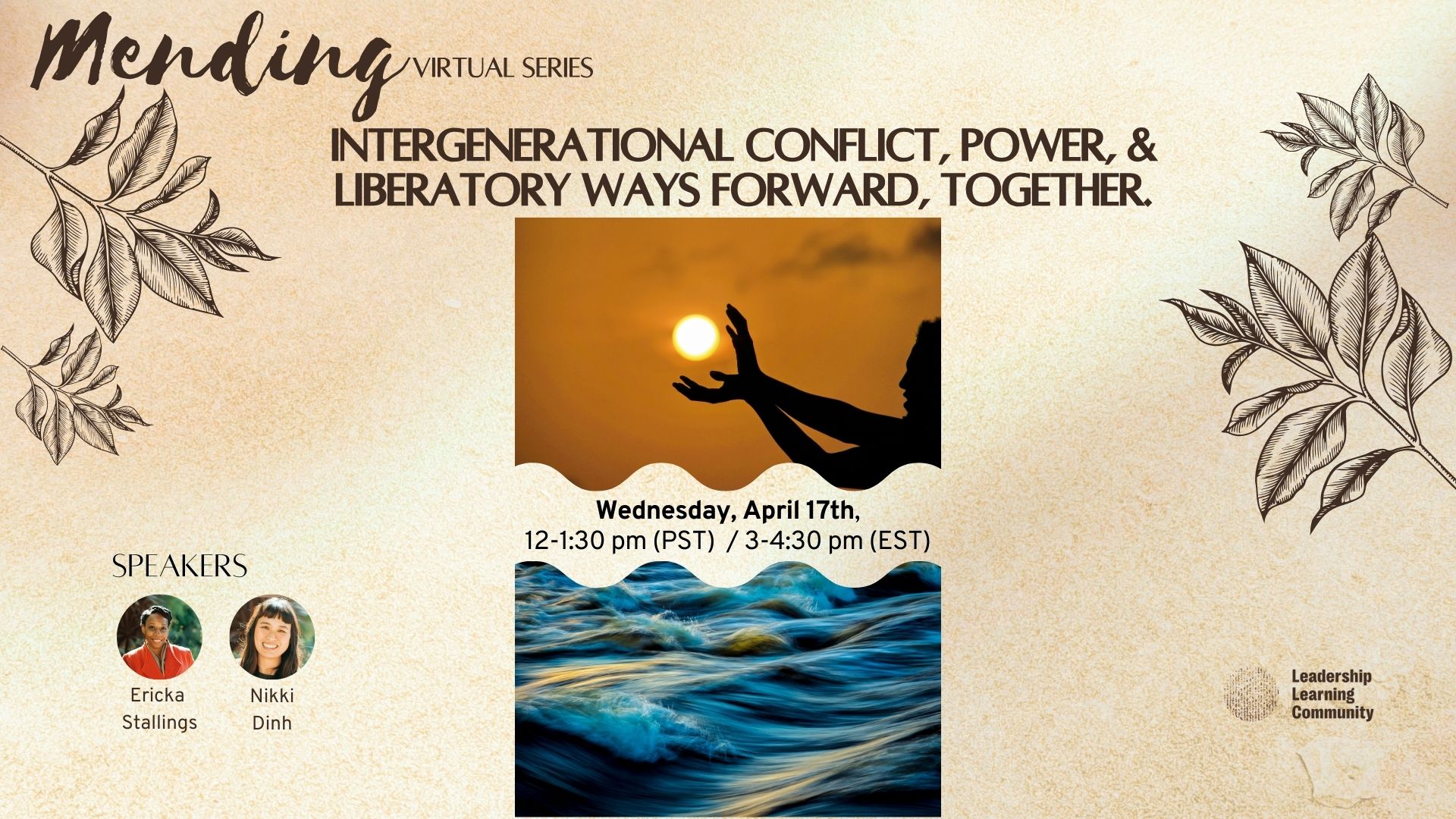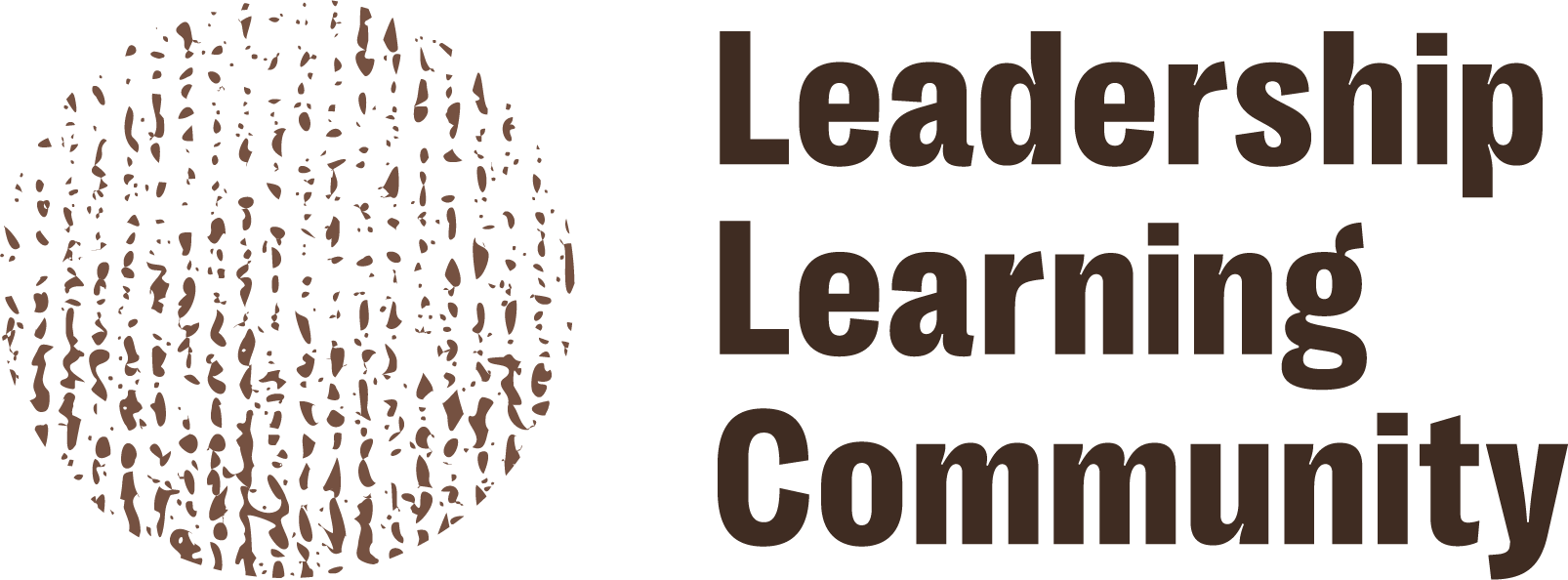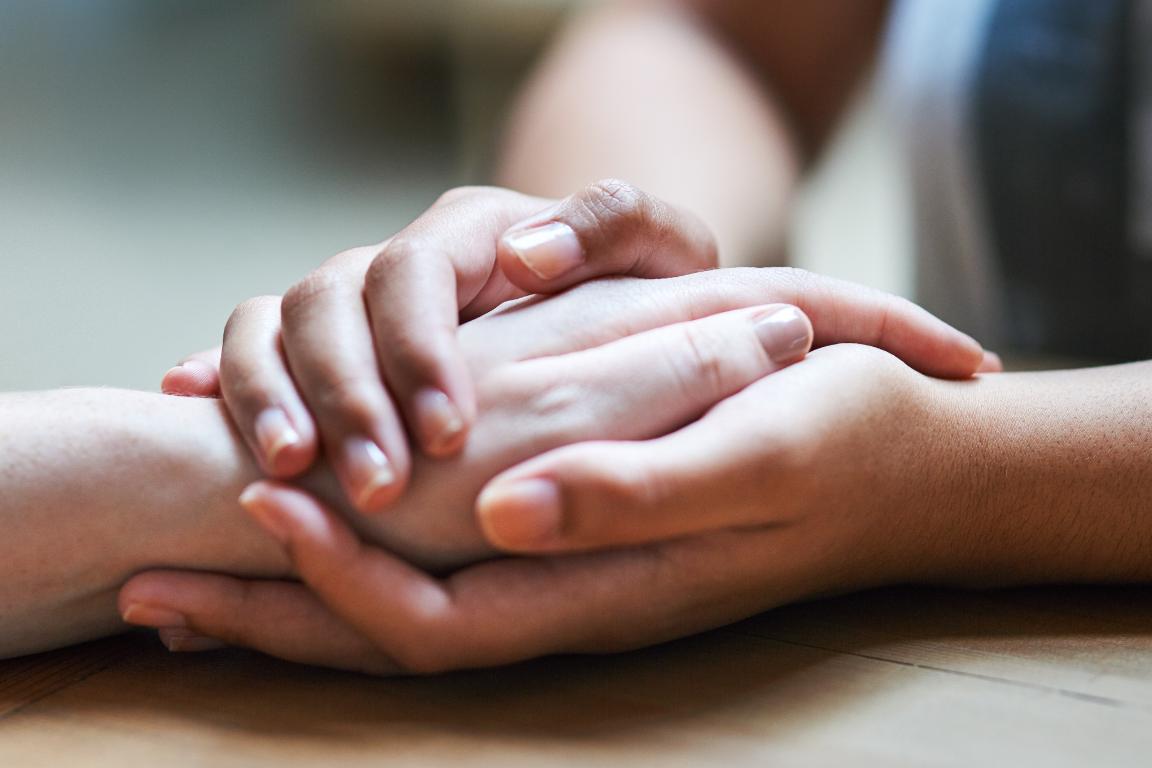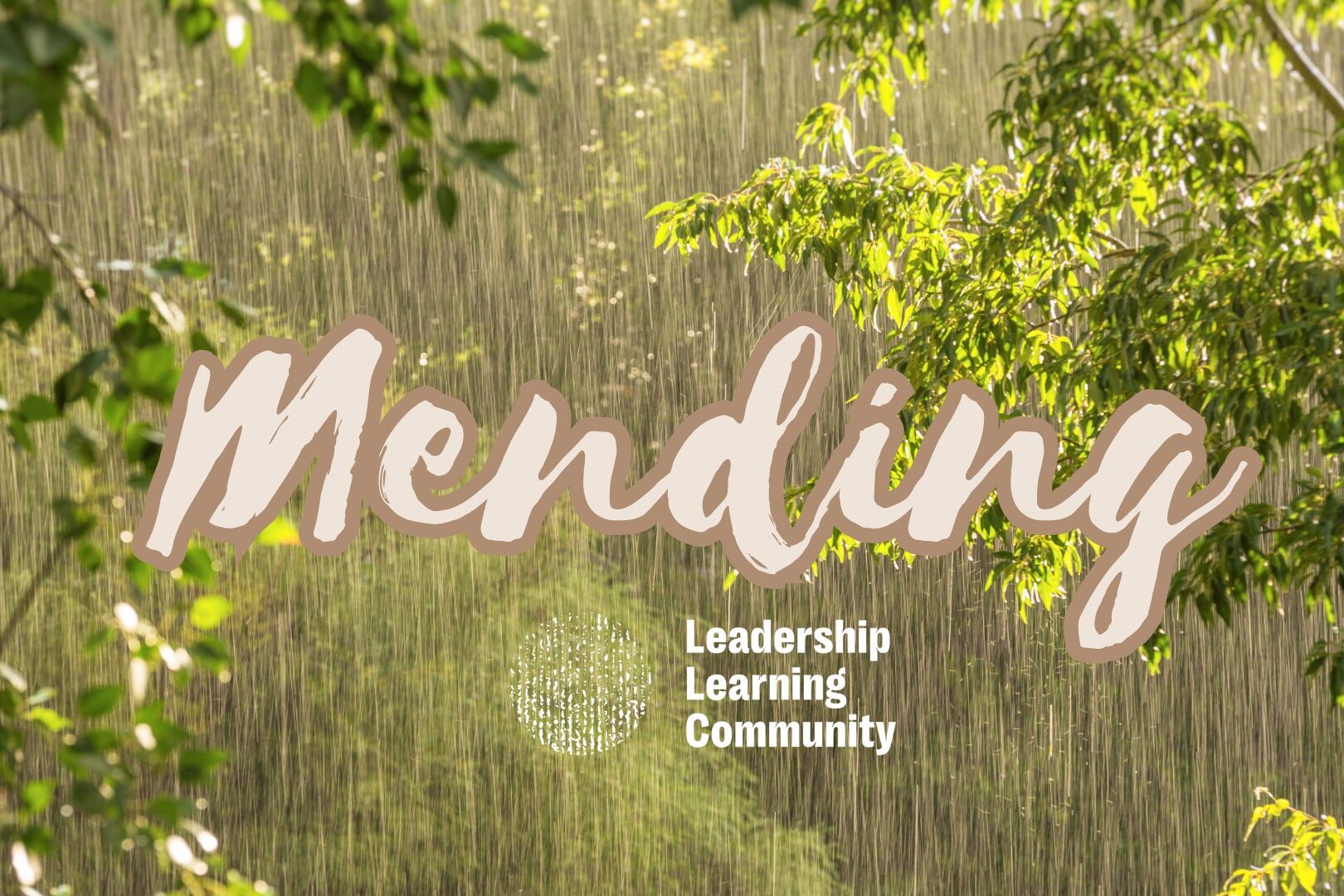
Are the Baby Boomers hoarding power? Is Gen X martyring themselves by carrying all the work? Did lazy millennials “quiet quit” the workforce? What is Gen Z saying? Are generational differences holding back the social good sector? What are the tensions created by generational differences in the workplace? How do we value the opinions of younger generations? What does it look like to be in right relations in-person and virtually at work? How do you do good relationship-building work in these times?
On April 17, 2024, we invited participants of many generations to join the LLC team in a dialogue to move beyond sweeping generational assumptions and explore the intricacies of intergenerational conflict in the social good sector.
What did we learn?
Overall, LLC observed that navigating work across generations is complex but not inherently problematic. Though conflicts and mistakes are unavoidable, our orientation to sweeping generalizations about a whole group of people is a shortcoming that limits us. Social change work is supposed to be disruptive, and it is also meant to be more than that. At the very least, our multigenerational workspaces should be an invitation for a conversation because what we are really seeking are deep human connections.
We gathered learnings from this session in this padlet where we invite you to join and explore. It includes video clips from our session, wisdom that was shared, generalizations we hold, and also inspiration from each generation we work with.
Below is also a glimpse of what leaders shared in the session:
- “What it means to people to even be categorized… Different generations have different attitudes about work. It is going to create uncomfortable conversations, but the conversations are really needed.” – Lindsey.
- “One of the things that we got to talking about was also the distinction between engaging and being in relationship online and in person and different potentially generational approaches and feelings of like comfort and engagement around that… how do you do good organization organizing and relationship building work in these different spaces?” – Bridgitte.
- “Distributed leadership is a practice that is needed as more generations are working together.” – Nikki.
- “We are not always conscious of it and creating space to talk about [intergenerational] issues.” – Mehrangiz.
- “There was a word that came to mind when we were posed the question of where we feel it in our body. The word was uncloistered… I’m in higher ed…Knowledge always streams from the top down. The conversation allowed me to get into the valleys and marketplace and to see the wisdom there also.” – Laura.
- “For me, it’s really about being ever-present. I just really appreciated the conversation we had in our small group because it reaffirms for me that it really is about being with whomever it is that I’m with, and whatever the differences between us, and being curious to understand where there are opportunities for intersection and linkages are.” -Victoria.
- “The phrase ‘leadership, mentorship, and eldership’ came up for me as I was thinking of how some of those are acceptable in a workplace and not… we’re trained out of ways of knowing and being and relating.” – Jennifer.
- “I was looking up the dates for each generation. I came across a description of Gen X…we were called the slacker generation…they were described as lazy, arrogant, unreliable, cynical, and particularly oriented to self rather than to teams. Think about how we apply this to the following generation over and over and over again and how that kind of informs our ability to work collaboratively across generations.” – Ericka.
- “A lot of these things are cyclical.” -Cynthia.
- “This nonprofit industrial complex will eat you up. Be kind to each other. Model the world we’re looking for.” – Ericka.
Resources:
- Check out the recap of the Mending Series
- Multigenerational Workforce / Intergenerational Conflict Padlet
- Turning Towards Each Other Workbook by Jovida Ross and Weyam Ghadbian
- Fighting Shame Around How We Respond in Conflict by Kyla Hartsfield and Laura Eberly of CompassPoint
Related Posts
September 30, 2024
The Healing Rhythm of Running
September 30, 2024



